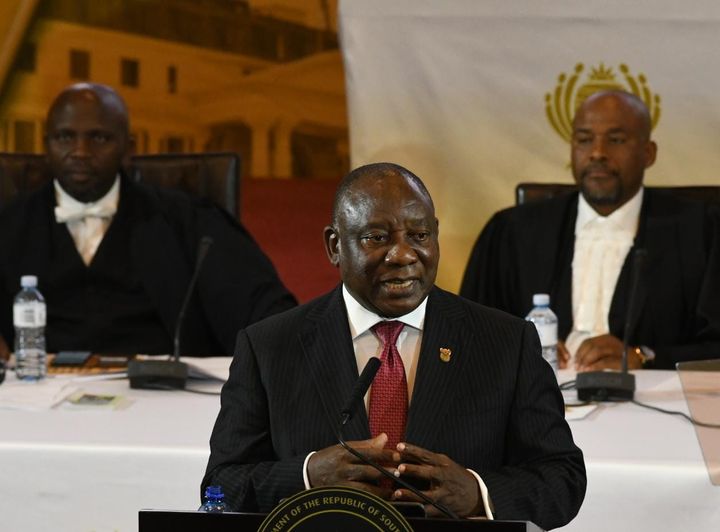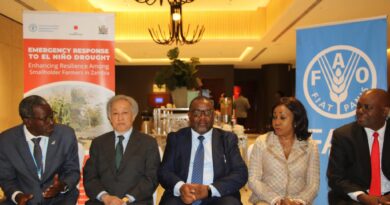South African President Defends ANC Record in State of the Nation Address
South African President Cyril Ramaphosa delivered his annual State of the Nation address on Thursday 8th February 2024, using the platform to defend the record of the ruling African National Congress (ANC) over the past 30 years.
Facing a challenging campaign as the country gears up for elections later this year, Ramaphosa highlighted the achievements of the ANC, which has been in power since the first post-apartheid democratic elections in 1994.
With polls suggesting that the ANC could potentially lose its majority for the first time, Ramaphosa emphasized the progress made by the party in addressing critical issues such as record unemployment, an ongoing electricity crisis, and corruption allegations.
Addressing the scourge of corruption, he vowed to dismantle criminal networks within the state and ensure that perpetrators face justice, referencing the period of rampant corruption under previous president Jacob Zuma.
However, Ramaphosa’s defense was not without controversy. Some lawmakers jeered as he spoke, referencing his own past corruption scandal in 2022.
Despite allegations of money laundering and tax evasion related to the discovery of cash hidden in a piece of furniture at his ranch, Ramaphosa was cleared of wrongdoing.
Acknowledging the challenges facing the country, including corruption, power shortages, and logistical crises, Ramaphosa admitted that South Africa’s economy was struggling.
While he pointed to an increase in job creation, he highlighted the persistently high unemployment rate, particularly among young people, with South Africa’s official unemployment rate exceeding 30 percent.
While Ramaphosa maintained that the country is in a better state than it was 30 years ago, opposition parties and commentators criticized the State of the Nation address as mere electioneering, accusing Ramaphosa of repeating promises made in previous years.
With the election date expected to be announced later this month for a period between May and August, South Africa faces a pivotal moment in its political landscape.
Source: AfricaNews



